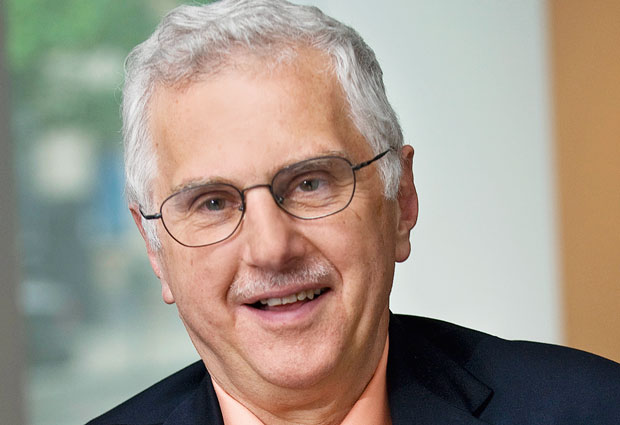
Inspire change in science
Bruce Alberts on fixing the broken academic career pipeline

“We are producing more research scientists than academia can handle and doing nothing is not an option”. Renowned biochemist Bruce Alberts delivered this stark warning at EMBL’s Lifelong Learning in the Biomedical Sciences conference in Heidelberg on 6 July, pointing to the need to change the way science is funded, staffed and organised.
What are the main challenges for young researchers?
By many measures we are currently in a golden age of the life sciences. Yet this disguises the fact that the training pipeline produces more scientists than relevant positions in academia or industry are capable of absorbing. This oversupply of scientists – and a scramble for limited resources – threatens to reduce scientific productivity, undermines career development and diminishes the attractiveness of our profession. Young researchers should be encouraged to carefully consider what they want for their future, focus much earlier on their career options, explore alternative paths and get trained if they find them attractive. We don’t want to discourage people from becoming scientists in academia, but they should go in with open eyes about the challenges of doing so. Alternative roles such as in education, policy, media, business and law can be hugely rewarding, and spreading scientists throughout these fields means they also become interpreters and connectors between the vibrant scientific community and other important enterprises with distinct cultures.
If you could add a new chapter to your book, Molecular Biology of the Cell, what would it be about?
It would be great to have a chapter about what we don’t know. Often the public read that we have sequenced every human gene, but most never hear about what we do not understand about those genes. We fail to emphasise enough to funders how little we know and how important it is to solve the large number of present mysteries.
What drew you to science in the first place?
My favourite class in high school was chemistry, and I thought I could use chemistry and be a doctor – at the time I didn’t know it was possible to be a professional scientist. As a pre-med at Harvard, we had to take a lot of science courses: the course laboratories were basically like cooking, and after two years of such labs, I asked to drop the practical part of my physical chemistry course. As an alternative I was invited to join a research lab. But in those days they didn’t tell you about that possibility until you asked! This was a great experience for me – finally discovering how science gets done – and I decided to follow a path in research. I am a big advocate for two things: getting rid of all those “cooking classes”, and giving every first year college student the opportunity to work in a research lab. We are losing a lot of potential scientists because they think science is boring – it’s not!


